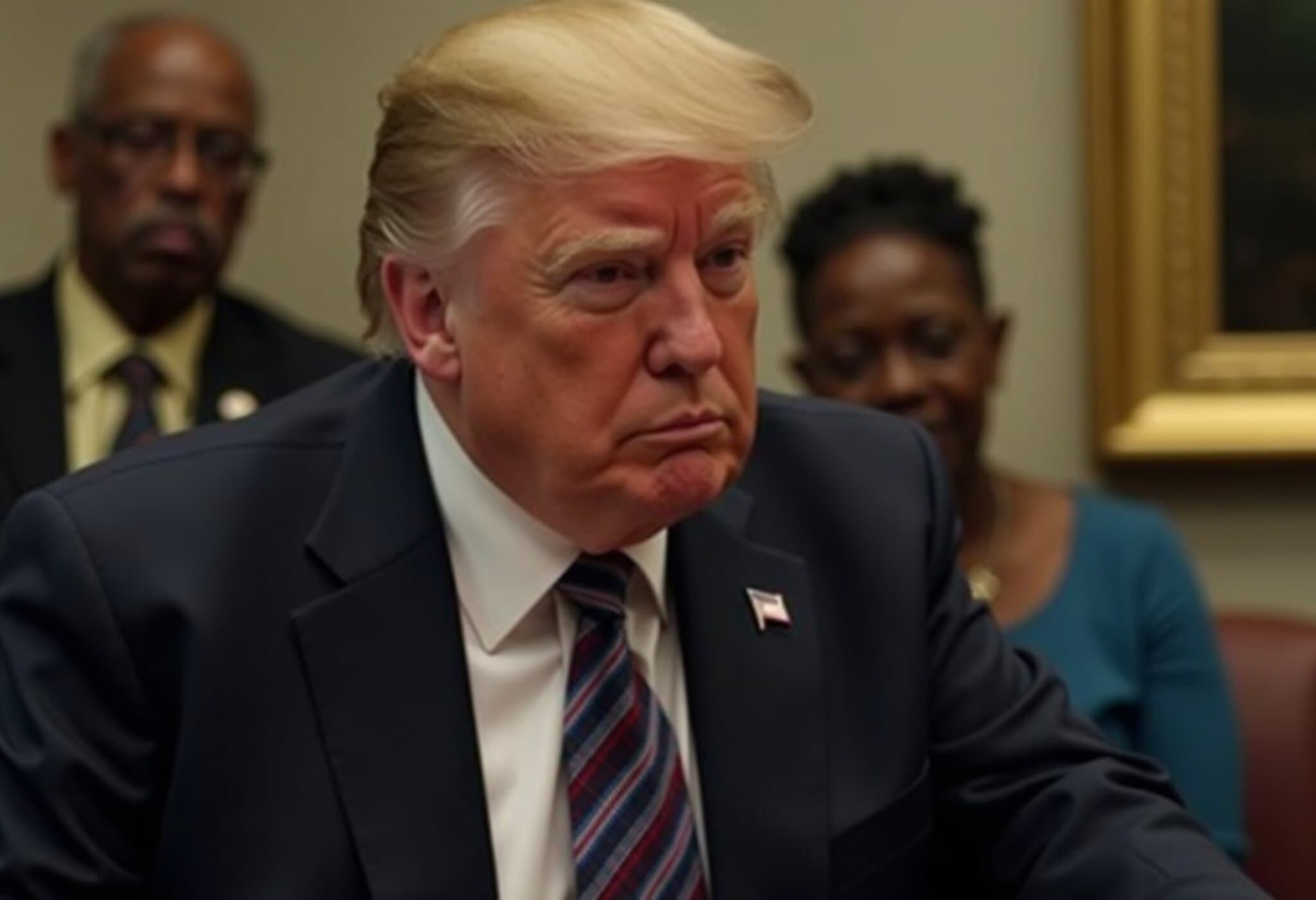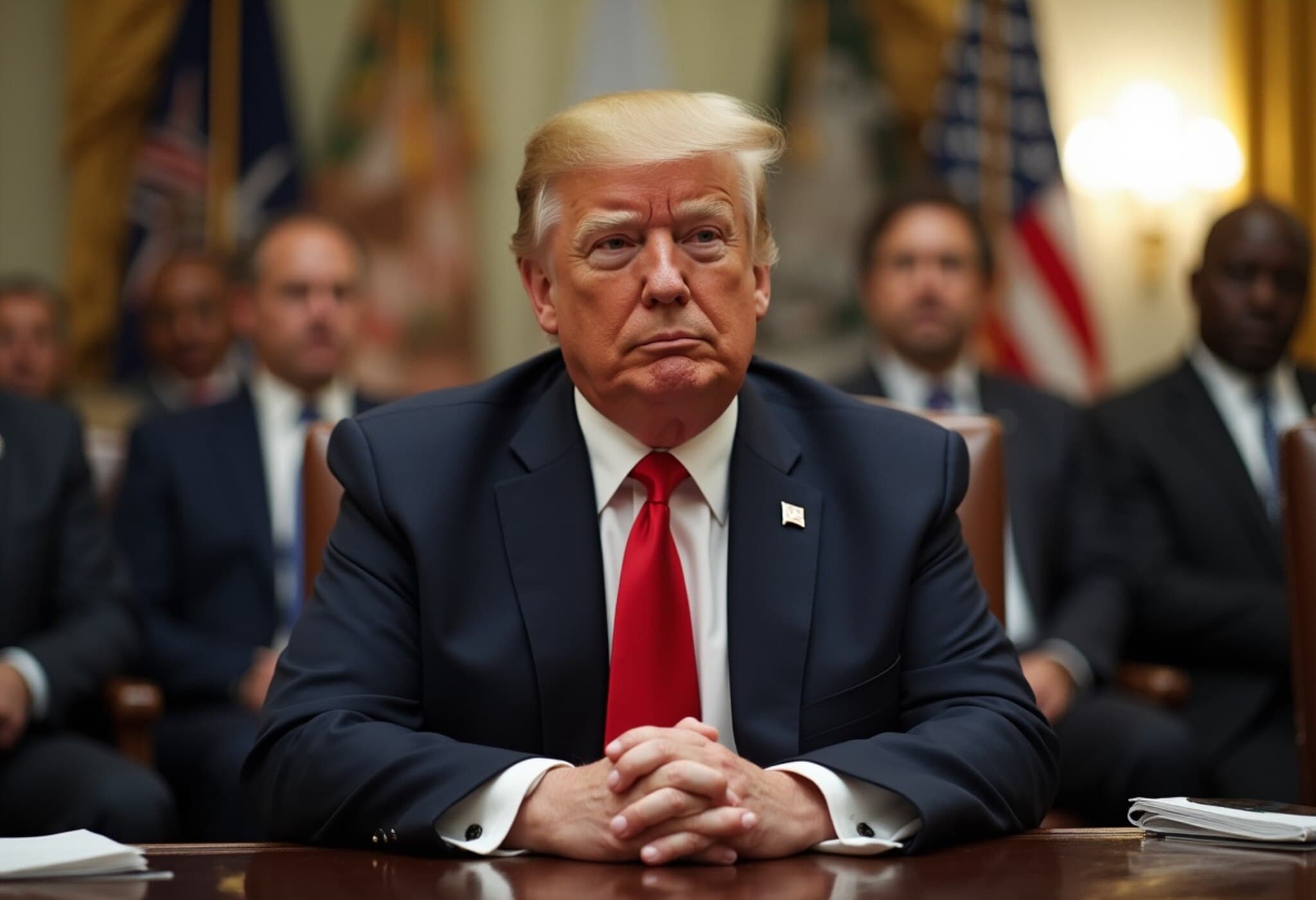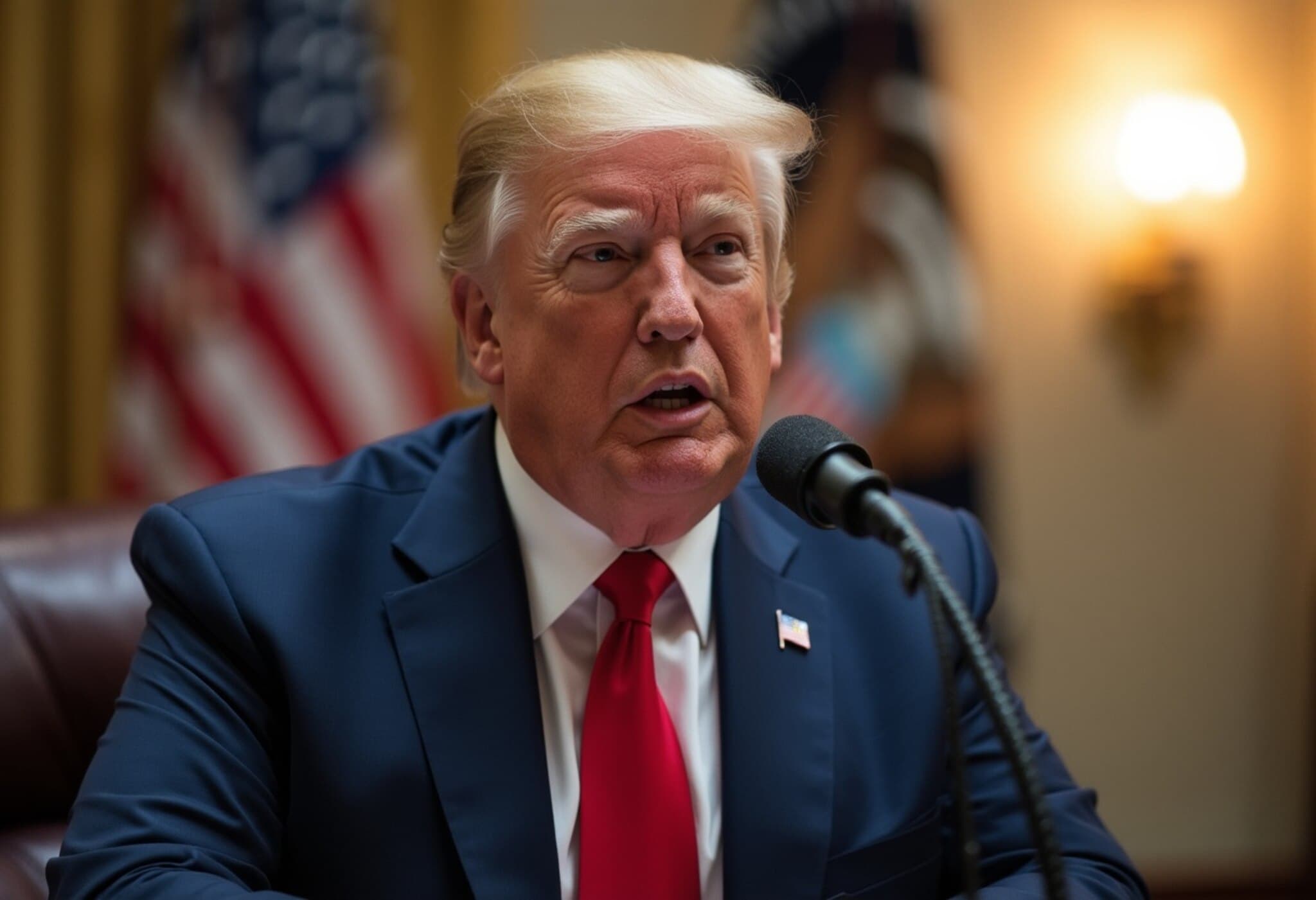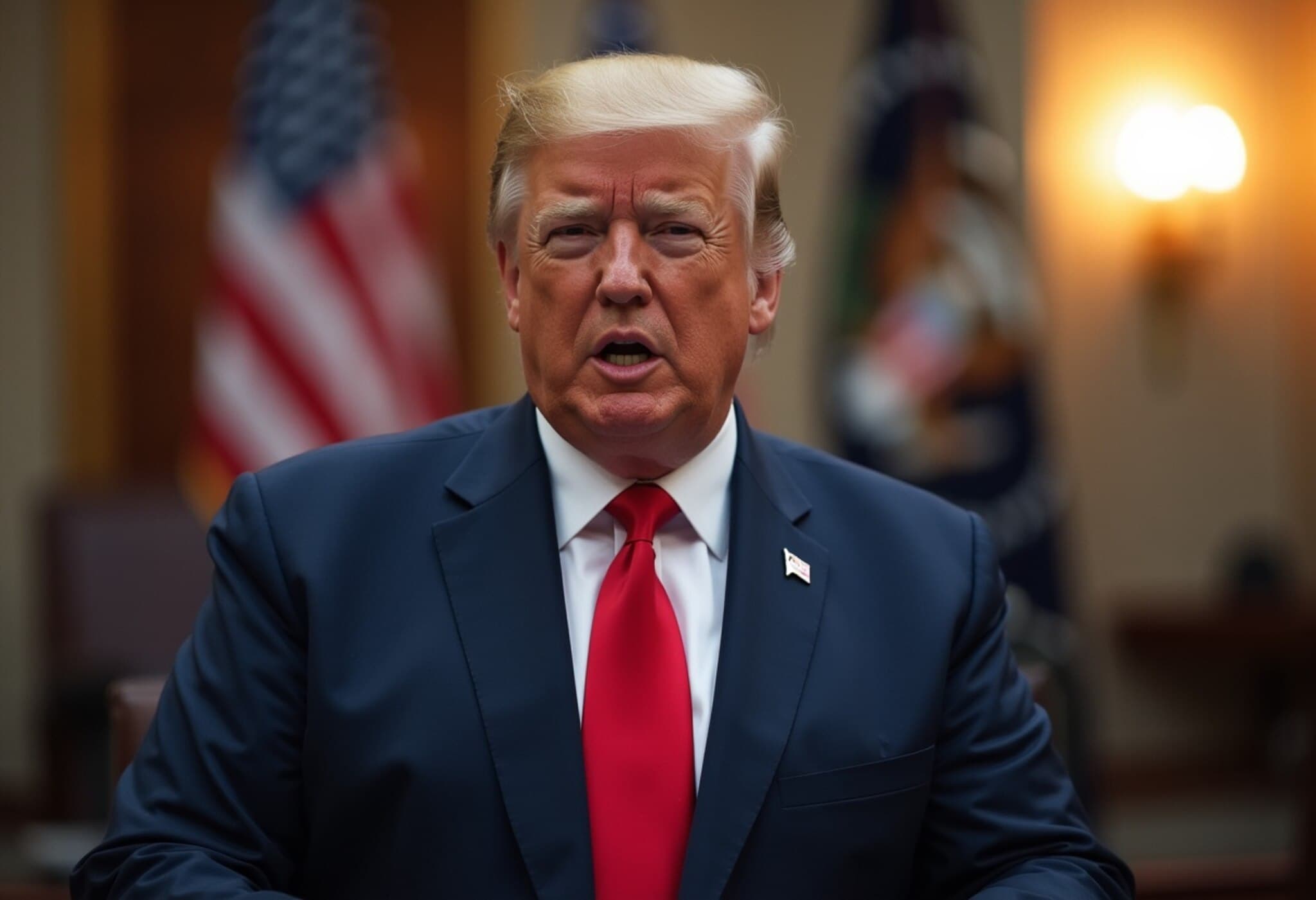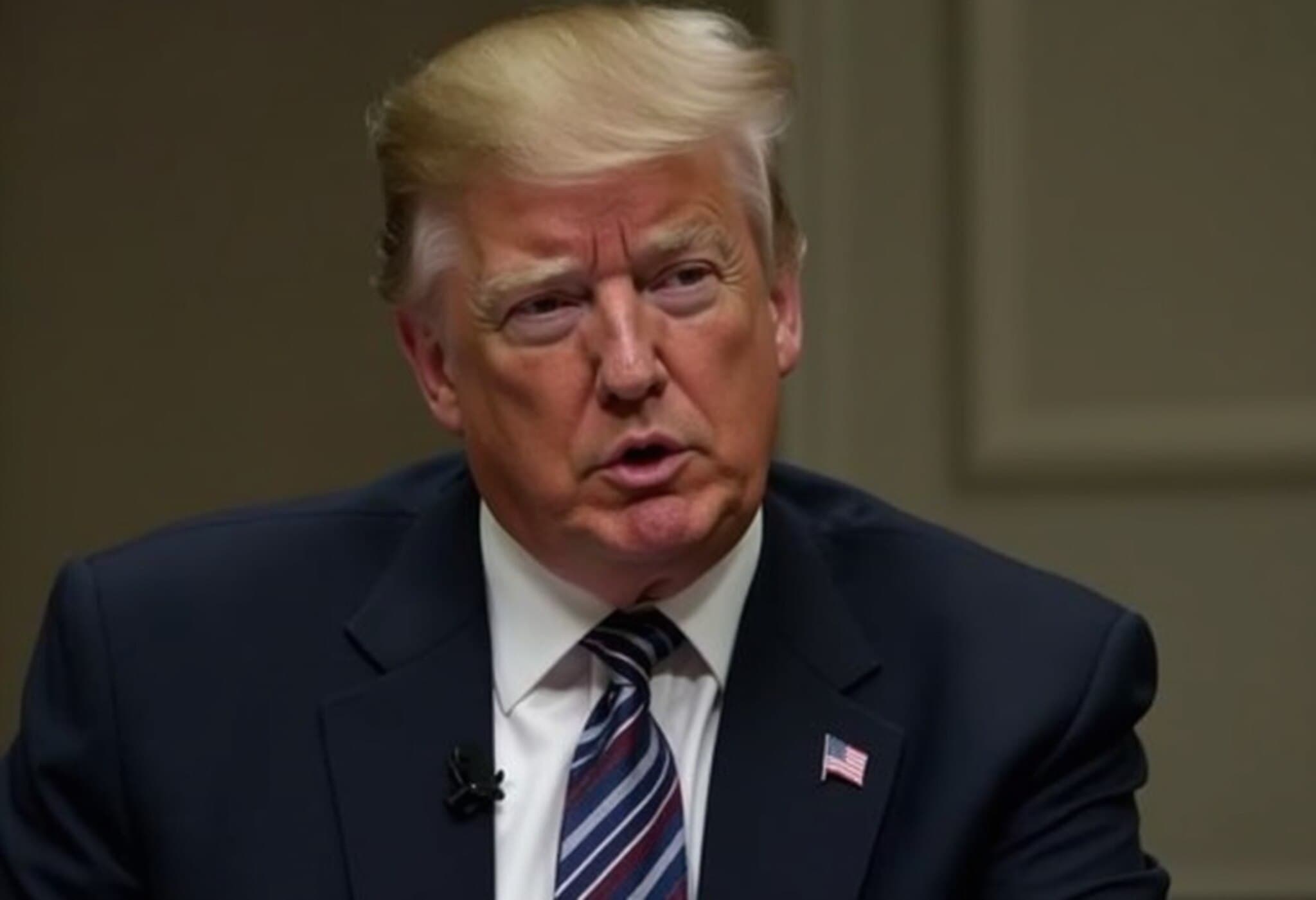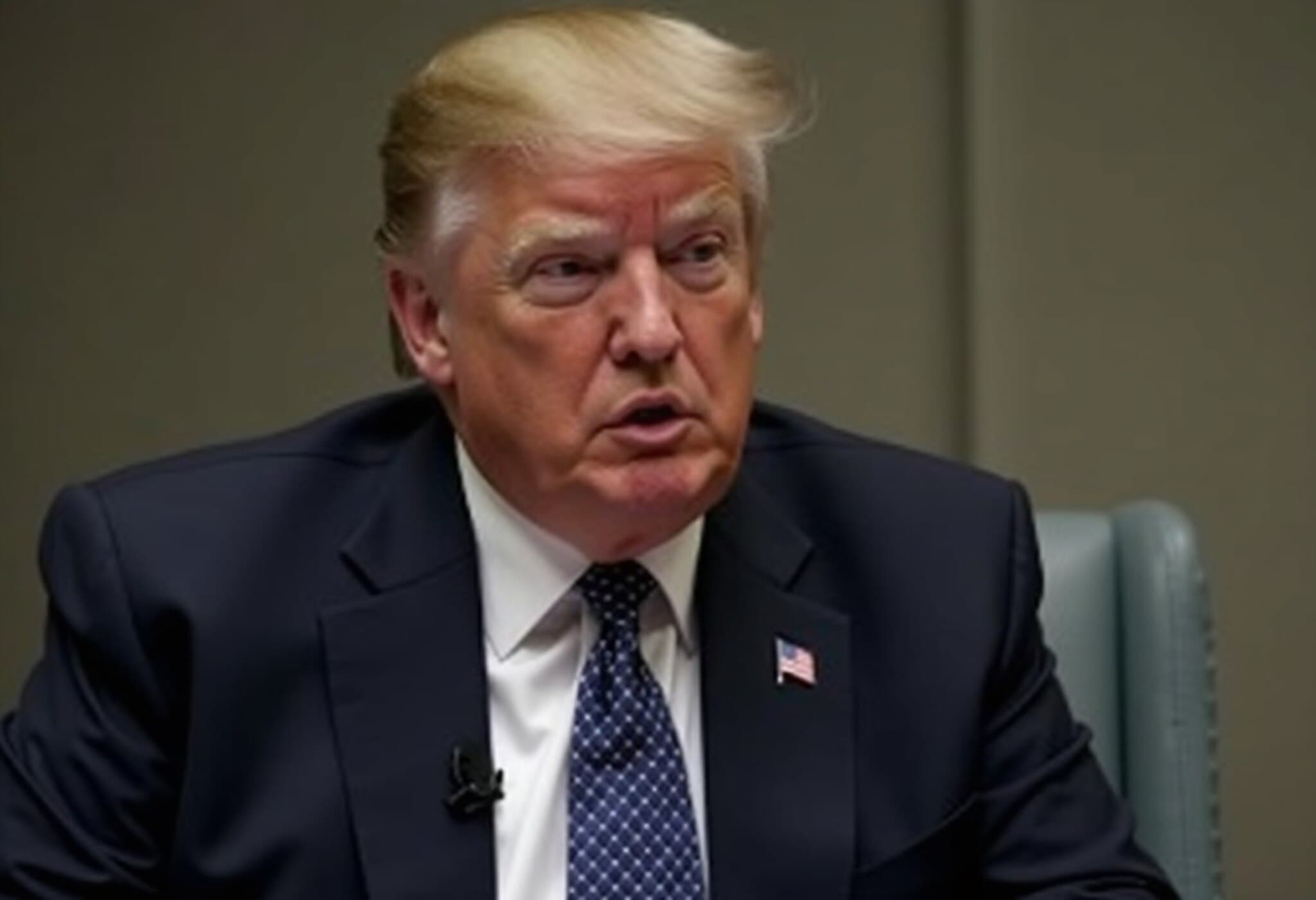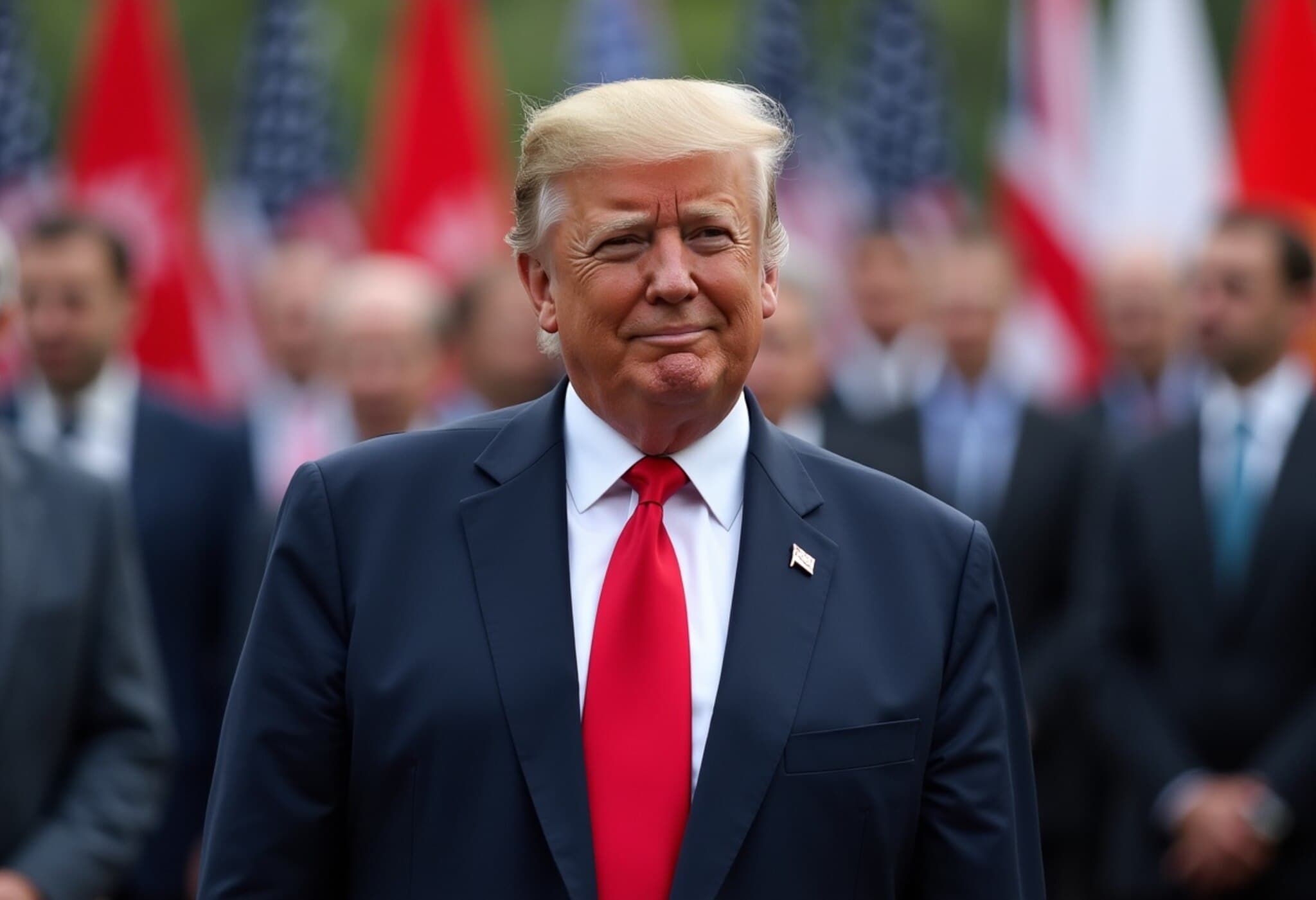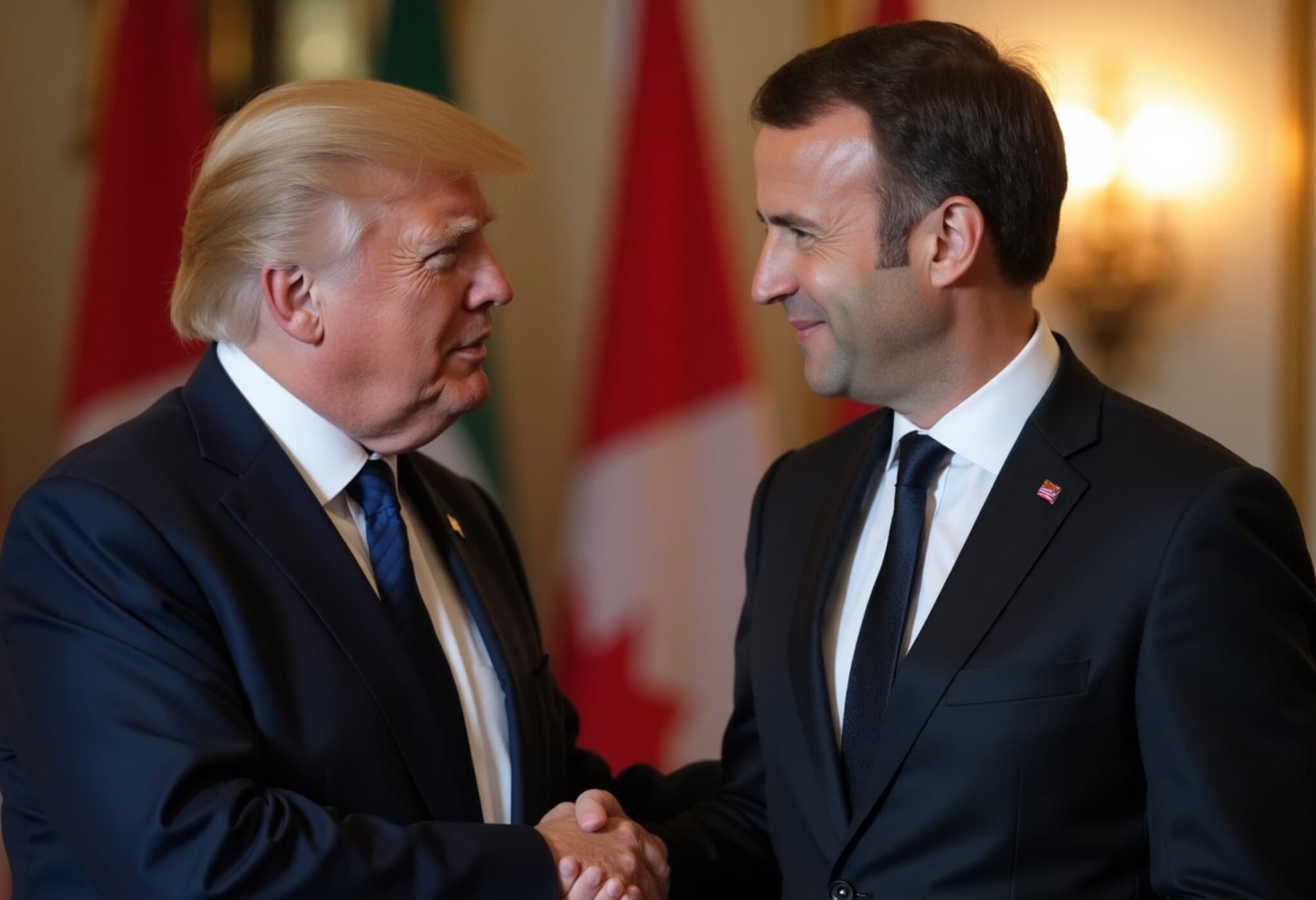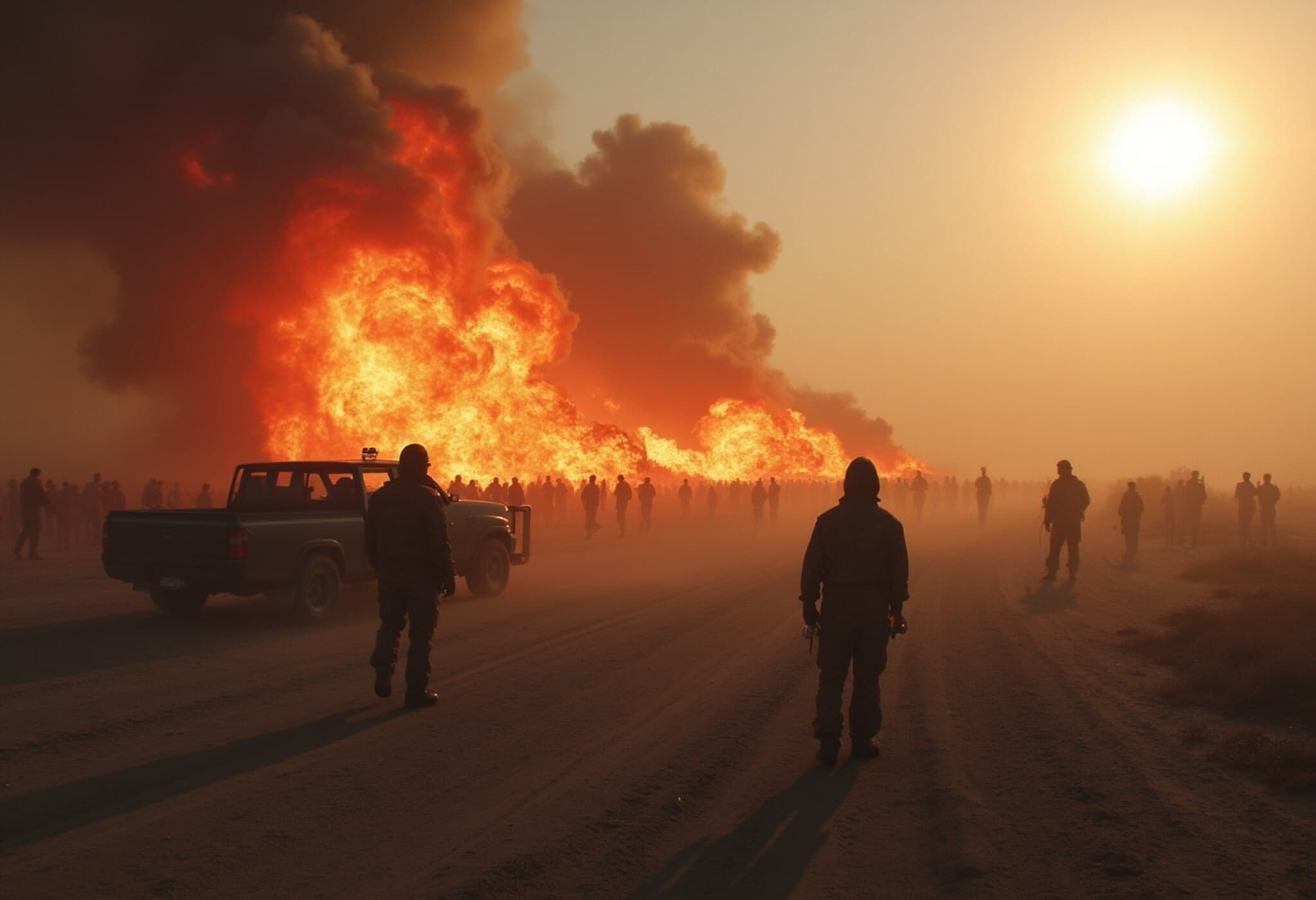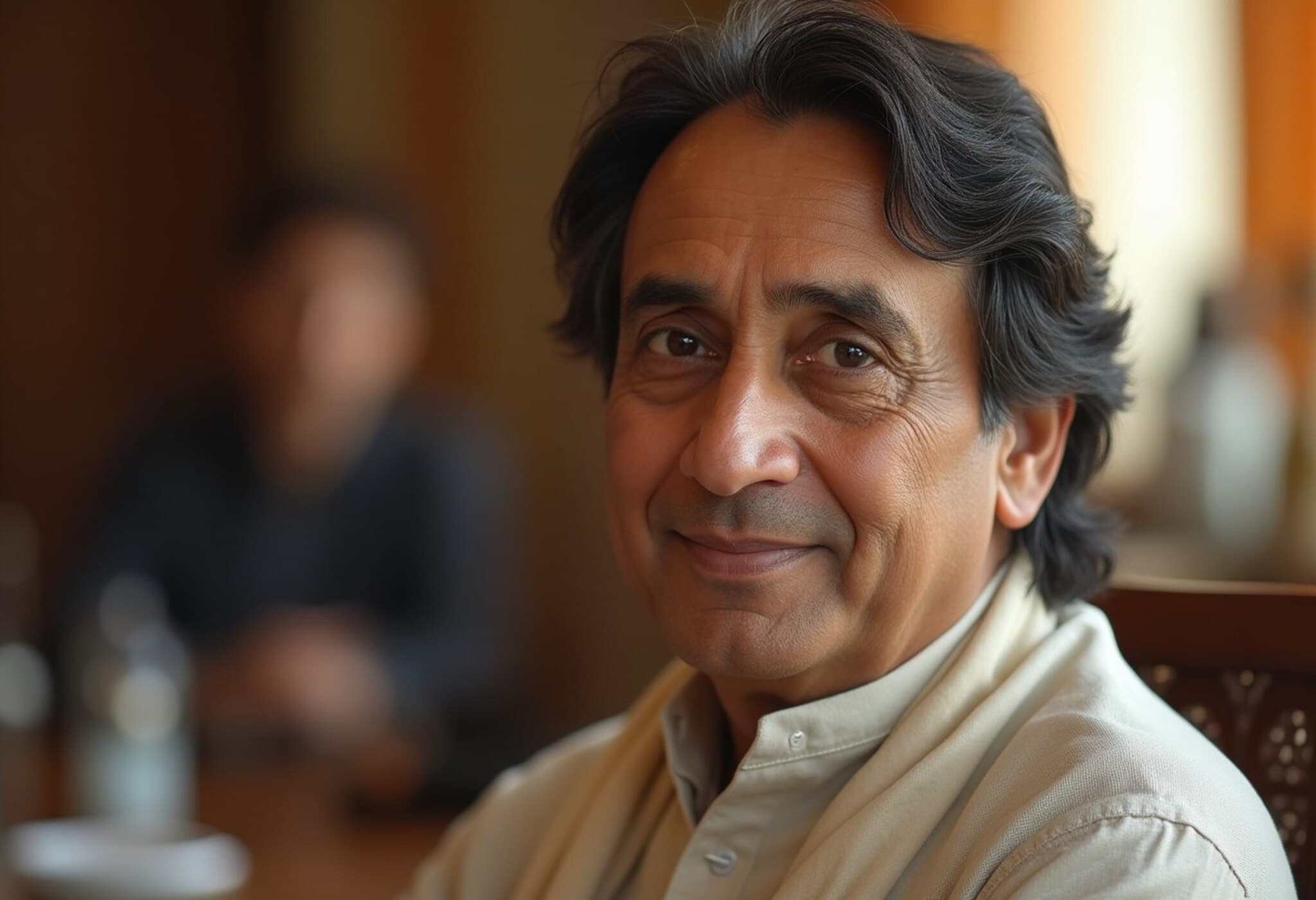Trump’s Comment on Liberian President’s English Fluency Raises Eyebrows
During a high-profile White House meeting on Wednesday with five African leaders, President Donald Trump made a remark that surprised and stirred reactions both in Africa and beyond. Praising Liberian President Joseph Boakai for his proficiency in English, Trump asked, "Where did you learn to speak so beautifully? Where were you educated?" This question came right after Boakai delivered fluent and polished remarks expressing Liberia's support for the United States and inviting American investment.
Boakai responded with a light chuckle, "In Liberia, sir." Trump then added, "I have people at this table who can’t speak nearly as well." While on the surface the exchange appeared complimentary, many observers quickly pointed out deeper implications.
Understanding Liberia’s Linguistic Heritage
Liberia’s unique history sheds light on this interaction. Founded in the 19th century by freed African Americans, Liberia adopted English as its official language. English is woven into the nation’s governance, education, and diplomatic dialogues, serving as a unifying thread amid a tapestry of indigenous languages.
Why the Comment Was Perceived as Condescending
Among Liberians and African commentators, Trump’s question was not universally welcomed. Archie Tamel Harris, a prominent youth advocate from Liberia, told CNN that he found the remark insulting and emblematic of outdated Western perceptions. Harris expressed frustration that African leaders are still viewed through a colonial lens, as if English fluency in Africa were an anomaly rather than the norm in countries like Liberia.
A Liberian diplomat described the comment as "inappropriate and condescending," while South African parliamentarian Veronica Mente publicly questioned why President Boakai didn’t respond more assertively or even walk out in protest, highlighting the sensitivity of power dynamics in such settings.
The Other Side: Context and Diplomatic Nuance
However, Liberia’s Foreign Minister Sara Beysolow Nyanti offered a mitigating perspective. She suggested that President Trump’s remark might have stemmed from his recognition of the American influence on Liberian English, noting that English dialects and accents vary widely. "What President Trump heard distinctly was the American influence on our English in Liberia," Nyanti explained, emphasizing that no offense was taken by Boakai.
The Trump administration also defended the comment. Senior African affairs advisor Massad Boulos indicated that the African participants appreciated Trump’s efforts and frank style. Deputy Press Secretary Anna Kelly framed the president’s statement as a heartfelt compliment, criticizing the media for reading negative connotations into it.
It’s noteworthy that Trump has made similar remarks before, such as complimenting German Chancellor Friedrich Merz’s English fluency, indicating a pattern of emphasis on language as a diplomatic tool.
Broader Implications: US-Africa Relations and Cultural Perceptions
The incident unfolded during a summit featuring leaders from Gabon, Guinea-Bissau, Liberia, Mauritania, and Senegal. Trump used the occasion to underscore a strategic pivot in US policy from aid towards trade and investment in Africa. He highlighted "great economic potential" on the continent, suggesting a long-term partnership rooted in mutual economic benefits rather than traditional foreign aid.
Leaders welcomed this approach but underscored the nuances of partnership. Gabon’s President Brice Clotaire Oligui Nguema noted, "We are not poor countries. We are rich in raw materials, but we need partners to help us develop those resources." This balancing act of respect, recognition, and genuine collaboration remains crucial for effective diplomacy.
Critical Reflection: Language, Power, and Respect
- Language as Identity and Power: English, while a colonial legacy, has become a key identity marker for Liberia and a bridge in international dialogue. Questioning someone’s fluency in their official language can inadvertently echo colonial hierarchies.
- Cultural Sensitivity in Diplomacy: Diplomatic exchanges must navigate layers of history and perception. Words carry weight beyond their surface meaning, especially when spoken by influential leaders at high-profile forums.
- Media and Public Perception: The backlash and defense reflect wider debates about representation, Western biases, and African agency on the global stage.
Editor’s Note
This exchange offers a compelling glimpse into how language and history intertwine with global diplomacy. It invites us to consider how well-meaning compliments can unintentionally reinforce stereotypes or evoke complex emotions rooted in a shared, sometimes painful past. For policymakers and media alike, it underscores the importance of cultural intelligence and framing when engaging across diverse worlds.
As the United States seeks to deepen ties with African nations through trade and partnership, understanding and respecting the continent’s rich histories and identities will be as crucial as economic investment. The question remains: How can global leaders foster dialogue that honors dignity and equality, avoiding unintended slights and promoting genuine mutual respect?

